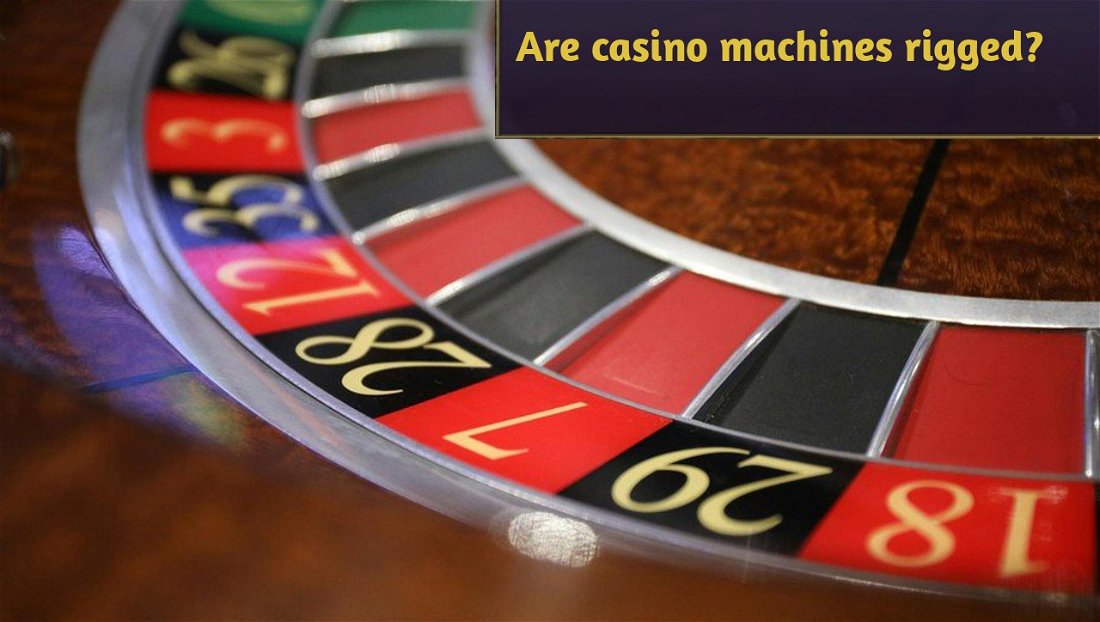Social casinos have emerged and have quickly established their own unique position within the realm of online entertainment. These organizations blend the entertaining appeal of the casino games together with the social interactions provided by social networking so that players can enjoy casino games in a virtual environment with no probable hazards.
As a result of discarding real money stakes and average risk gambling but pursuing virtual currency and social interactionism, social casinos have universalized relaxed classify gambling while fostering enhanced alive societies at the same time.
What Are Social Casinos?
Social casinos mimic casino games—poker, slot machines, and roulette—and are played just like traditional casinos, except for the risk of losing money. However, players spend virtual money acquired from games or virtual money bought through the application purchased through the app store. Such platforms are versatile enough because they provide a choice of various topics, difficulty levels and gameplay types.
They include a social gaming app like Zynga poker, a social gaming app like Slotomania, easily downloadable and playable on both smartphones, tablets, and computers.
If you're ready to play, check out one of the best new social casinos: Spree Social Casino. It might just surprise you!
Why Are Social Casinos Gaining Popularity?
Several factors contribute to the rising appeal of social casinos:
1. Accessibility and Inclusivity
However, social casinos are different from the typical online casinos that are mainly developed for professional players. Lack of monetary risks and that is why it attracts players of all levels, including beginners to casino games. They have also become common among older Medi-Generational users who like slow and friendly games.
2. The integration with Mobile & Social Media
Information technology has transformed mobile games, and by the integration of social aspects to the game. Discoverability is another area where social casinos do not disappoint because there are multiple ways to find friends, invite them, or share accomplishments. This actually improves the gaming process and augments the formation of stable virtual communities of users.
3. Gamification and Reward Systems
About such options as the possibility to compete with other players, having Rankings, Achievements, and Tournaments, players receive the sense of their progress. Points, pens, virtual scripts, and vouchers resemble gambling, and at the same time, encourage desirable behaviors. This way to play assures entertainment among players more over the long term than to risk real money.
4. Free-to-Play Appeal
Social casinos are monetized with a freemium business model, which means that players can play without using money. While there are paid games and in app purchases they are not compulsory and most games are free hence serves as entertainment for many customers.
The Social Element of Social Casinos
One of the defining characteristics of social casinos is their emphasis on community building. These platforms go beyond solitary gameplay, encouraging players to interact, compete, and collaborate. Leaderboards and tournaments provide opportunities for friendly competition, while features like chat functions and multiplayer modes enhance the sense of camaraderie.
Moreover, social casinos often integrate with platforms like Facebook, allowing users to play with friends or connect with like-minded players globally.
Market Growth and Trends
The growth of social casinos reflects the changing dynamics of the digital entertainment industry. According to industry reports, the social casino market has seen steady growth, driven by increased smartphone usage and a preference for casual, risk-free gaming. These platforms have become particularly popular among millennials and Gen Z, who value the social aspects of gaming alongside entertainment.
The rise of gamification has also played a significant role in the success of social casinos. By integrating game-like elements such as rewards and leveling systems, these platforms tap into the psychological appeal of progression and achievement, making them highly engaging.
Ethical and Legal Considerations
While social casinos avoid the legal restrictions associated with gambling, their mechanics raise ethical questions. Critics argue that in-app purchases for virtual currency could lead to excessive spending, especially among younger or more vulnerable players. Additionally, the gambling-like experience may foster addictive behaviors, even in a virtual context.
Regulatory scrutiny is increasing, with some jurisdictions considering measures to protect players and ensure fair practices. For instance, transparency about in-app purchases and implementing safeguards against overspending are common recommendations from consumer advocacy groups.
Future Prospects
The future of social casinos looks promising, particularly as technology continues to evolve. Emerging innovations like augmented reality (AR) and virtual reality (VR) are expected to take the social casino experience to the next level. Imagine virtual environments where players can engage in real-time interactions with friends or compete in immersive tournaments.
Additionally, ongoing improvements in mobile technology and connectivity will likely enhance the accessibility and quality of these platforms. Social casinos may also explore partnerships with social media networks to deepen integration and expand their user base.
Conclusion
Social casinos have transformed the digital entertainment landscape by combining the excitement of casino games with the connectivity of social networks. Their emphasis on accessibility, community engagement, and stress-free gaming has made them a compelling option for casual players of all ages. As the industry continues to innovate and adapt to user preferences, social casinos are poised to remain a significant force in the world of digital entertainment.










— Comments 0
, Reactions 1
Be the first to comment